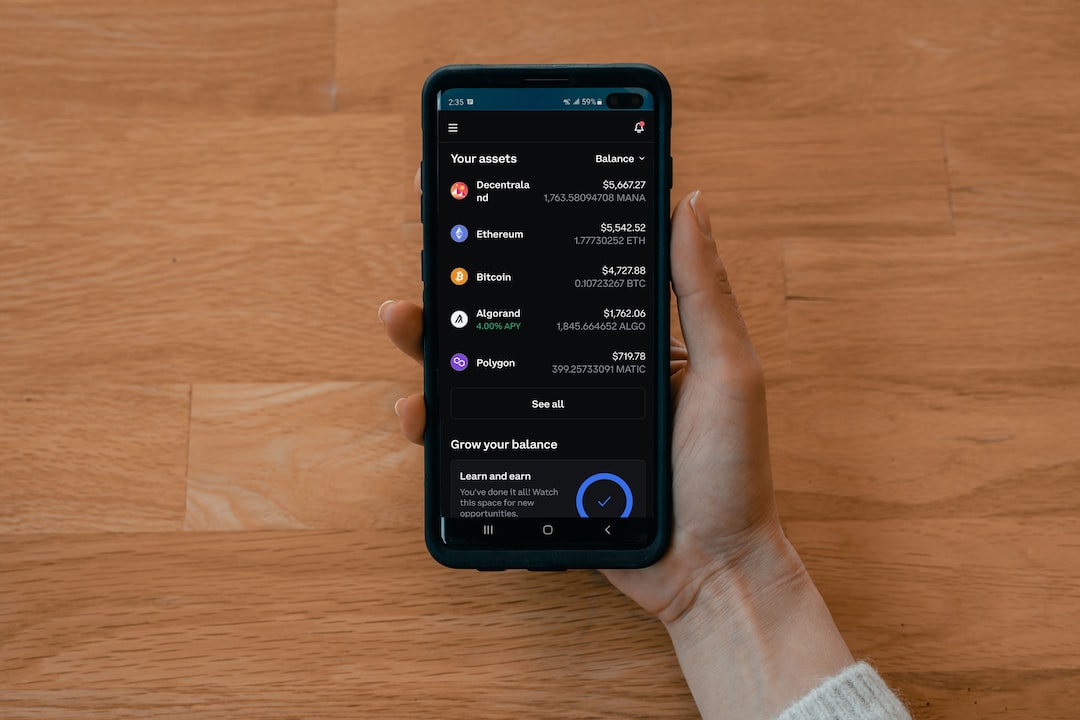Bitcoin and Guatemala’s Presidential Election
In a surprising turn of events, the technology behind Bitcoin played a crucial role in the 2023 Guatemalan general election. Bernardo Arévalo, the country’s president-elect, faced allegations of election misconduct, leading to demands for a vote recount. Simple Proof’s web tool stepped in and used Bitcoin’s timestamping server to verify the authenticity of the voting process.
The Allegations Against Arévalo
After being confirmed as the winner on August 29, 2023, Arévalo faced legal challenges and accusations of irregularities. The Associated Press reported that his victory over a powerful candidate favored by the conservative elite sparked controversy.
Bitcoin’s Timestamping Server and Integrity
In Satoshi Nakamoto’s whitepaper on Bitcoin, timestamping plays a vital role in maintaining the integrity of the network. By generating a hash-based proof of work, timestamping prevents double spending and ensures the immutability of the blockchain.
The Bitcoin Ecosystem in Central America
Guatemala’s use of Bitcoin technology in its election comes at a time when another Central American country, El Salvador, has embraced BTC as legal tender. El Salvador became the first country in the world to officially adopt cryptocurrency in September 2021.
Hot Take: Bitcoin Empowering Democratic Processes
The integration of Bitcoin technology into Guatemala’s presidential election highlights how cryptocurrencies can enhance transparency and trust in democratic processes. By leveraging timestamping servers, electoral disputes can be resolved with verifiable evidence, promoting fair elections and strengthening democracy.





 By
By
 By
By

 By
By
 By
By